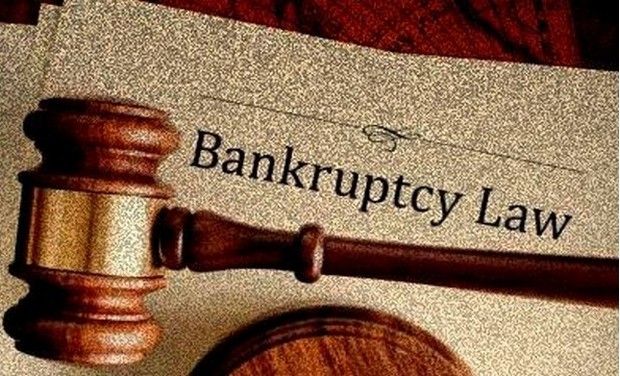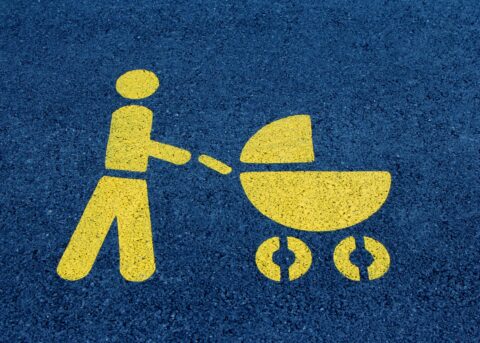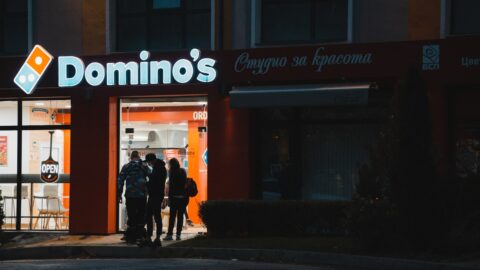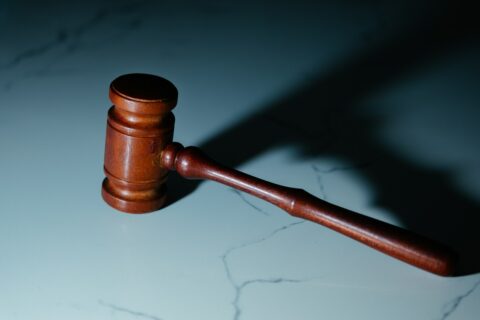Applicability of Limitation Act to Insolvency Cases

The Insolvency & Bankruptcy Code 2016 (“IB Code”) was enacted in 2016. The question of applicability of the the Limitation Act, 1963 (“Limitation Act”) to IB Code continues to be a bone of contention till then. Limitation Act prescribes the time within which a legal action can be initiated. In order to settle this issue, IB Code was amended in 2018 (“2018 Amendment”), which clarified that the provision of the Limitation Act would be applicable to IB Code. The relevant provision of the amendment is reproduced below:
“238A. Limitation:
The provisions of the Limitation Act, 1963 (36 of 1963) shall, as far as may be, apply to the proceedings or appeals before the Adjudicating Authority, the National Company Law Appellate Tribunal, the Debt Recovery Tribunal or the Debt Recovery Appellate Tribunal, as the case may be.”
Even though the amendment settled the question relating to the applicability of the Limitation Act, questions relating to its prospective or retrospective effect, time period of limitation etc. continued to be a contentious issue.
B.K. Educational Services Private Limited
The Supreme Court of India considered these issues first time after the 2018 Amendment in B.K. Educational Services Private Limited Versus Parag Gupta And Associates[1]. In this case, the Supreme Court was hearing matters arising out of an an order of the National Company Law Appellate Tribunal (“NCLAT”), which held that Limitation Act is not applicable to applications under Section 7 or Section 9 of the IB Code filed on and after commencement of IB Code (i.e. 1 December 2016) till the date of 2018 Amendment (i.e. 6 June 2018). In other words, NCLAT clarified that 2018 Amendment has no retrospective effect and provisions of the Limitation Act will not be applicable to application filed before the 2018 Amendment.
The Supreme Court Bench headed by Hon. Justice Rohinton Fali Nariman set aside the order of NCLAT and held that 2018 Amendment will have retrospective effect and the Limitation Act is applicable to applications filed under the IB Code from the inception of the IB Code. It further went on to add that Article 137 of the Limitation Act will be applicable to applications under IB Code. Article 137 of the Limitation Act is a residual provision which provides for the period of limitation in case of “any other application for which no period of limitation is provided elsewhere” as three years from the time when the right to apply accrues.
According to the Supreme Court, “the right to sue”, accrues when a default occurs. “If the default has occurred over three years prior to the date of filing of application under IBC, the application would be barred under Article 137 of the Limitation Act, except in those cases where, in the facts of the case, Section 5 of the Limitation Act may be applied to condone the delay in filing such application.”
Gaurav Hargovindbhai Dave
The Supreme Court recently on 18 September 2019, in Gaurav Hargovindbhai Dave Versus Asset Reconstruction Company (India) Ltd. & Anr.[2] reiterated the principle upheld in B.K Educational Services (supra). In this case, the account of Respondent was declared NPA in 2011. An OA was filed before the Debt Recovery Tribunal (DRT) for a recovery of 50 Crores. However the DRT vide its order dated 10 June 2016 held that the said application was not maintainable. An application under Section 7 of the IB Code was filed by the financial creditor which was admitted by the Adjudicating Authority (“NCLT”) on 3 October 2017.
When the question of limitation came up before the NCLT, it held that that since the petition under the IB Code was for the recovery of original debt, along with interest, the proceedings would fall under Article 62 of the Limitation Act.
Section 62 of the Limitation Act is reproduced below:
|
Description of Suit |
Period of Limitation |
Time from which period begins to run |
|
To enforce payment of money secured by a mortgage or otherwise charged upon immovable property |
Twelve Years |
When the money sued for becomes due |
Hence, the time period for filing the application would be 12 years from the date the money becomes due. Therefore, the NCLT held that filing of the application was within limitation.
An appeal was preferred in the NCLAT on the question of limitation. The NCLAT relied upon the decision of the Supreme Court in B.K. Educational Services Private Limited Versus Parag Gupta And Associates (Supra) that Article 137 of the Limitation Act, 1963 would apply to cases under IB Code .It further held that the time of limitation would start running from the date of the Code coming into force i.e. three years from 1 December, 2016. Hence the NCLAT dismissed the said appeal and held the application was not barred by limitation.
An appeal was preferred before the Supreme Court of India against the decision of NCLAT. The Hon. Bench headed by Hon. Justice Rohinton Fali Nariman in his order stated that Article 62 would not be applicable because the said article would only apply to suits. The present case, being an “application” filed under Section 7 of the IB Code, would fall under the residuary Article 137 of the Limitation Act, 1963. The limitation period would run only from the date on which the right to sue accrued and not from the date of commencement of the IB Code. The Supreme Court concluded that it would not be the intent of the legislature to allow initiation of the proceedings under IB Code, where the debt is barred by time or to give a fresh opportunity to the creditors where other remedies are not exhausted. In the light of the above circumstances the Supreme Court set aside the orders of NCLT and NCLAT, holding that the debt barred by limitation.
Jignesh Shah and Anr.
In its latest judgment dated 25 September 2019, a Bench of Supreme Court of India headed by Hon. Justice Rohinton Fali Nariman in Jignesh Shah and Anr. Versus Il&FS[3] reiterated the view that Article 137 of the Limitation Act is applicable for application filed under IB Code.
In this case, the Supreme Court was considering whether a winding up petition, which was converted into a Section 7 application under IB Code, was barred by lapse of time on the date it was filed. The Court observed that “If such petition is found to be time-barred, then Section 238A of the Code will not give a new lease of life to such a time-barred petition.”
The dispute arose out of letter of undertaking given by La Fin, a group company promoted by Jignesh Shah, on 20 August 2009, to IL&FS in which it undertook to purchase the shares held by IL&FS in MCS Stock Exchange with in three years. IL&FS exercised the option in 2012 but La Fin refused to honor the undertaking. Aggrieved by this, IL&FS filed a winding up petition before the Bombay High Court on 21 October 2016 under Section 433(e) the Companies Act 1956. The Petition has been transferred to NCLT as a Section 7 application, when the IB Code came into force in 1 December 2016. NCLT admitted the petition in 2018.
Agreeing with NCLT, NCLAT dismissed an appeal filed by Jignesh Shah against the order of NCLT. On the point of limitation, NCLAT held that “the bar of limitation would not be attracted as the Winding up Petition was filed within three years of the date on which the Code came into force, viz., 1st December, 2016.” This lead to an appeal before the Supreme Court of India.
The Supreme Court noted that the winding up petition was filed in 2016, which is beyond the period of three years form 2012, when the cause of action arose. The Court observed that period of limitation for winding up commences when the company is unable to pay debt. The Court observed that “Though it is clear that a winding up proceeding is a proceeding ‘in rem’ and not a recovery proceeding, the trigger of limitation, so far as the winding up petition is concerned, would be the date of default.”
Accordingly, the Supreme Court set aside the order of NCLT, which admitted the application against La Fin, by holding that the winding up petition was time barred as it was filed beyond the period of three-years mentioned in Article 137 of the Limitation Act.
Concluding Remark
The Supreme Court has made it clear that it does not want to extend a fresh lease of life to time barred debt, by reiterating that Article 137 of the Limitation Act will be applicable for application under IB Code and period of limitation will be three years from the time when the right to apply accrues. It is a setback for banks and financial creditors whose claims are often secured by mortgage. The Limitation Act allows them a period of 12 years from the date debt become due to file suit for enforcement. The above judgments cut short this time period to three years by clarifying that twelve year limitation period will be applicable only for suits and not to an application under IB Code. In contrast to a suit, providing a shorter limitation period for mortgaged backed claims may not serve the commercial nature of IB Code. Appropriate amendments may be made to Limitation Act to extend the benefit of 12 years for application under IB Code also in respect of claims based on mortgage.
[1] 2018 SCC OnLine SC 1921
[2] 2019 SCC OnLine SC 1239
[3] Writ Petition (Civil) No.455 OF 2019
By entering the email address you agree to our Privacy Policy.



